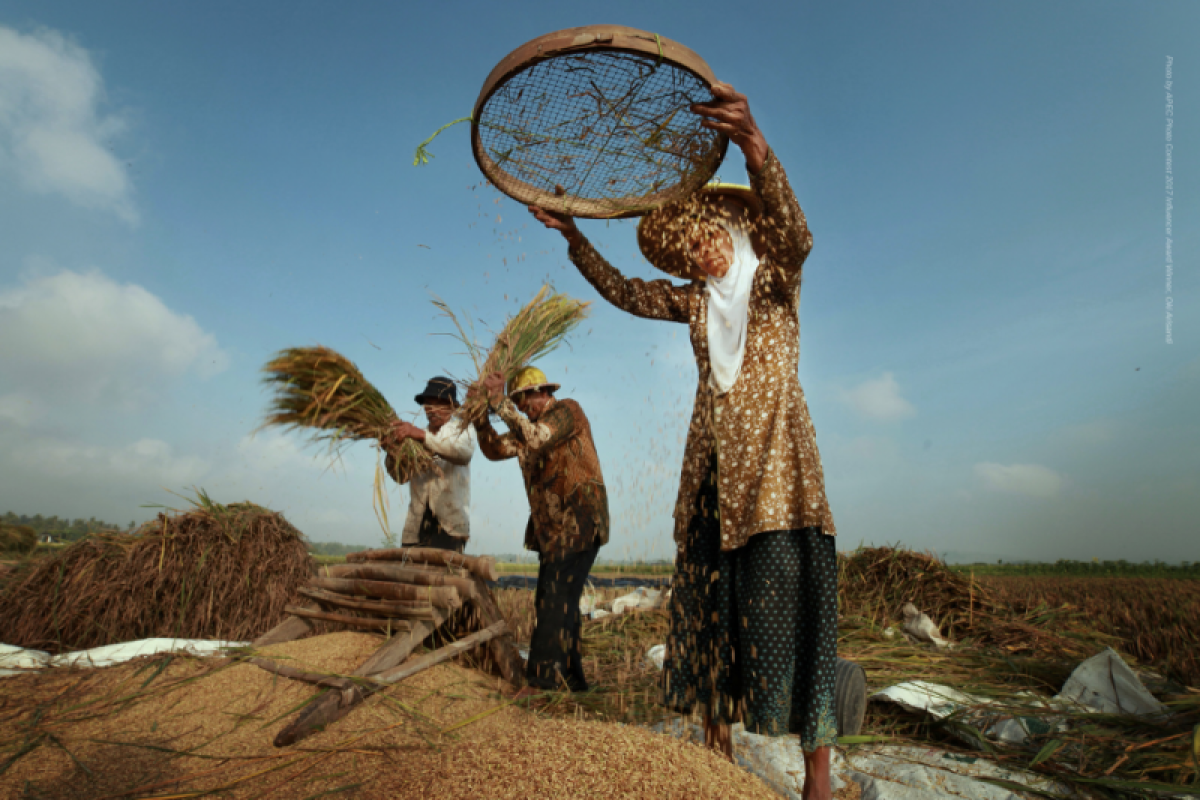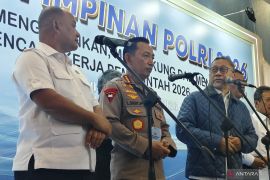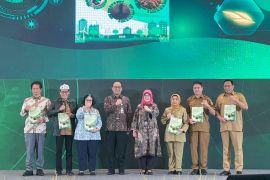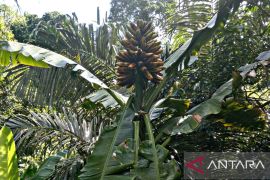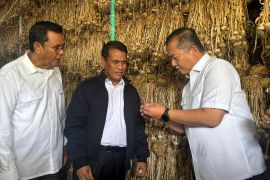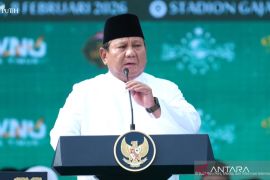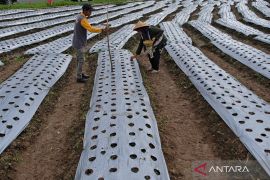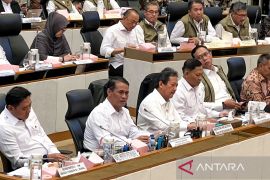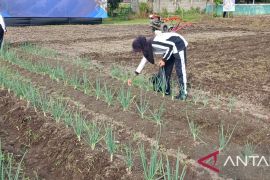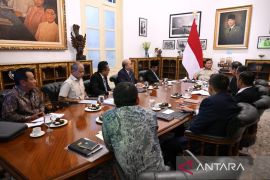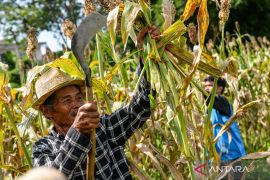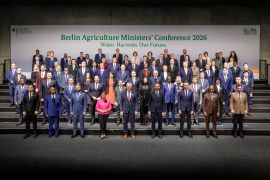"In an effort to anticipate food insecurity, Bapanas has taken various strategic steps, both at the central and regional levels, through food alert activities coordinated with various related parties,” the agency’s Head of Food Data and Information Center, Kelik Budiana, noted in a statement on Sunday (Dec 1).
He remarked that food alert activities at the central and regional levels were carried out through three priority activities, including the preparation of the Food and Nutrition Insecurity Early Warning System periodically, to determine the basis for food and nutrition policies.
"Next is the Food Safety Movement in order to prevent and reduce food loss and waste along with stakeholders at the central and regional levels, especially the 15 provinces implementing the movement deconcentration," he explained.
Furthermore, he highlighted food alert activities to support the vision of Golden Indonesia 2045 in 10 provinces and 30 districts and cities, with 17 thousand students in 90 elementary schools as beneficiaries.
"We appreciate the 13 provinces and 15 districts and cities that have issued a circular to encourage the Food Safety Movement to Prevent Food Loss and Waste towards sustainable food management," he added.
Related news: Food diversification for national food security
Kelik remarked that along with the issuance of Presidential Regulation No.83 of 2024 concerning the National Nutrition Agency, the Nutrition Vulnerability Activity through the provision of nutritious food for students will be continued by the National Nutrition Agency through the priority program of free and nutritious meals.
Meanwhile, the agency’s Officer for Food Alert Activity Implementation, Nita Yulianis, stated that the condition of food and nutritional insecurity can be monitored through the Prevalence of Undernourishment (PoU) figure.
"Indonesia's PoU in 2023 was 8.53 percent, an improvement from 2022, which was 10.21 percent. However, we continue to strive to achieve the PoU figure of five percent, as targeted in the RPJMN (the National Medium-Term Development Plan),” she remarked.
She further emphasized the government’s commitment to preventing and reducing food loss and waste by supporting regulatory strengthening, changing behavior, increasing support systems, optimizing funding, developing studies and utilization, as well as recording food loss and waste.
"Currently, the National Food Agency is preparing a draft presidential regulation on saving food loss and waste as a guideline for the central and regional governments and the community," Nita noted.
Related news: Indonesia to boost food self-sufficiency with irrigation projects
Translator: Muhammad Harianto, Yashinta Difa
Editor: Yuni Arisandy Sinaga
Copyright © ANTARA 2024
